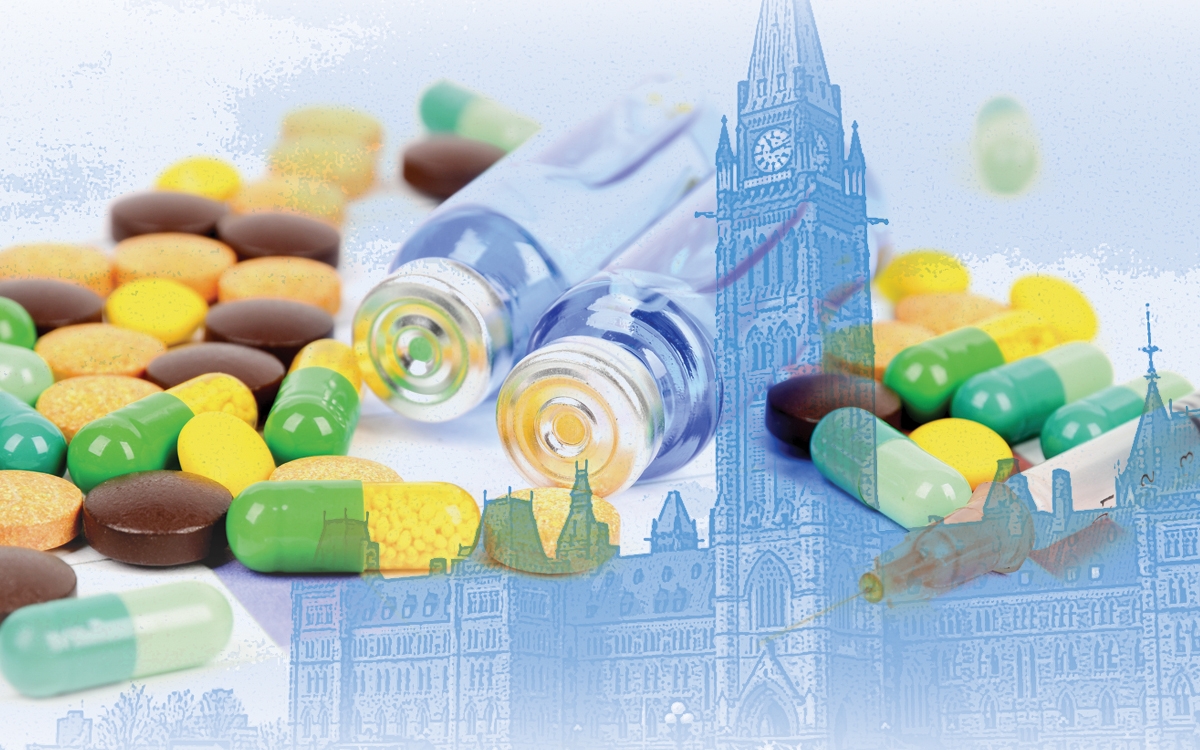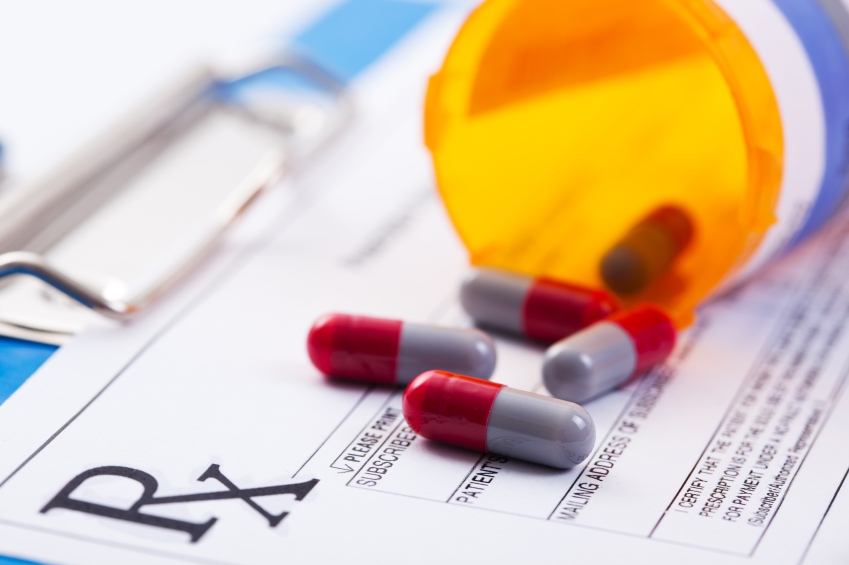
How to give fatigue the flick: simple strategies to boost your energy
Today’s fast-paced lifestyles can leave us exhausted. The burdens associated with balancing work and family life can be particularly tough on our mental and physical well-being. Luckily, there are a number of simple steps you can take to put that much-needed bounce back in your step.
Get More Sleep
While this should be obvious, many of us are still not placing enough emphasis on getting our beauty sleep. From cutting a few hours of sleep here and there to depriving ourselves of sleep on a nightly basis, not getting sufficient rest can play havoc with our bodies and minds.
The average person requires around seven hours of sleep a night, with some people needing a little bit more or less than this. If you have trouble falling asleep, be sure to put aside a little time to wind down before bedtime by taking a hot bath or reading a book.
If you can’t fall asleep, it is also a good idea to get up and leave your bedroom until you feel tired. Avoid using your phone or laptop before bedtime, as research indicates that this has been linked to poor sleep quality.
Eat a Balanced Diet
Good eating habits are not only healthy but can increase your energy levels. After all, there is nothing better than nutritious food to fuel the body. Start your day with a healthy breakfast for a much-needed jolt of fuel. Eating protein, such as eggs or a bit of ham, early in the morning is much more likely to keep you going longer than eating carbohydrates.
Small snacks in between meals, such as fruit or nuts, are also recommended to keep your blood sugar level up. If you feel that you are not getting enough vitamins in your diet, taking supplements can help.
We talked to the owners of SUPPLEMENTCOMPASS to find out what supplements are best for those whose diets may be lacking in vital nutrients. It turns out that multivitamins are still the supplement of choice for those looking to ensure that they are getting all the nutrients they need. There are also many energy-boosting supplements, such as vitamin B complex, magnesium, and iron.
Drink More Water and Limit Your Alcohol Intake
Fatigue is one of the symptoms of dehydration. As such, it is crucial that you drink enough water throughout the day. Doctors recommend that the average person should drink around two liters of water a day. Drinking water is particularly important after exercise or other strenuous activities.
In addition, if you frequently find yourself feeling lethargic, try cutting down your alcohol intake. While drinking alcohol can help you fall asleep, it disrupts deep sleep. This means that you are not getting the quality sleep that you so need and deserve.
Furthermore, alcohol is a diuretic, which means that you are likely to have to get up to go to the toilet during the night if you drink it before bedtime—a sure way to disrupt your sleep.








